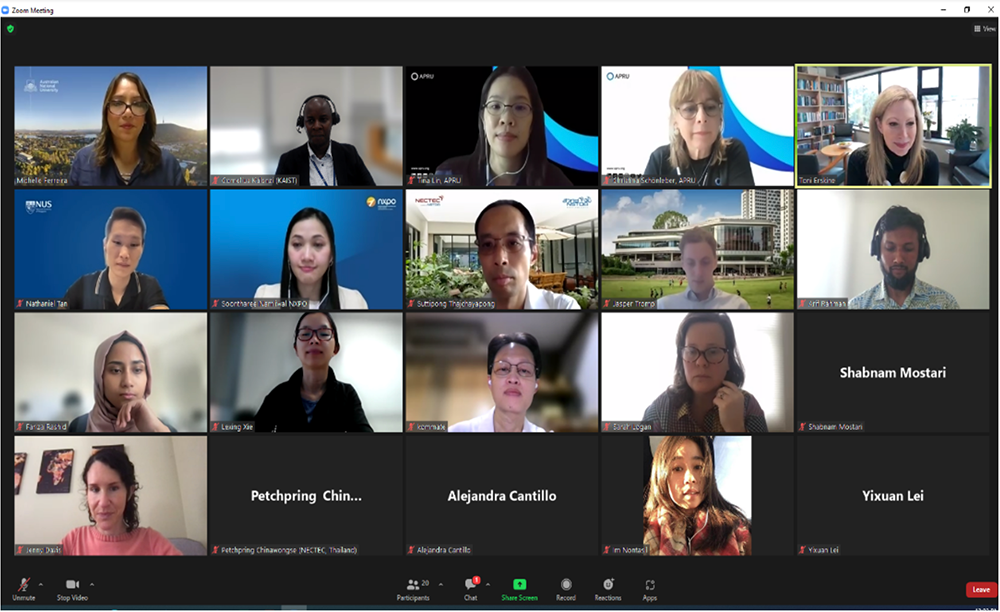In collaboration with the Bangladesh Aspire to Innovate (a2i) Programme of the ICT Division and Cabinet Division of Bangladesh, KAIST KPC4IR and IPUR will be conducting AI related research to support the Bangladeshi Government in the development of policies promoting and enabling AI policy frameworks and building AI capabilities for social good in pregnancy monitoring. Specifically, KPC4IR and IPUR will be investigating the challenges in perceptions and receptions of incorporating AI into continuous pregnancy monitoring systems and related technology challenges.
Pregnancy is a natural process, the period in which a fetus develops inside a woman’s womb or uterus. It results in a series of physiological and psychological changes in a pregnant woman. As a result, even a normal pregnancy may end in potentially life-threatening maternal and fetal complications. Most women do not experience emergencies during pregnancy, but any woman could. Continuous pregnancy monitoring should be ensured during this challenging time for the safety and well-being of both the pregnant woman and new-born child.
Utilising AI in pregnancy monitoring provides opportunities for health care professionals to observe the health-related parameters of their patients and detect pregnancy complications early, which increases the chance of a normal pregnancy and the birth of a healthy baby. Furthermore, it could also enhance a woman’s self-management because it disseminates behaviour change communication messages to women about the importance of maternity care. Pregnancy monitoring also contributes to achieving the United Nation’s Sustainable Development Goal 3 which is to “Ensure healthy lives and promote well-being for all at all ages.”
Currently in Bangladesh, the utilization of maternity care provided by health professionals during and after delivery is alarmingly low in Bangladesh, and monitoring is not performed systematically yet. Besides, a large number of pregnant women do not have access to this service due to a shortage of health workforce, lack of knowledge, and some socio-cultural factors that hinder women’s access to adequate health care services during pregnancy.
The project was funded by the United Nations Economic and Social Commission for Asia and the Pacific (UN ESCAP) and the Association of Pacific Rim Universities (APRU), and Google.org as part of the “AI for Social Good” multi-stakeholder network. The network supports policy makers by developing insights into what capabilities and governance frameworks will be most supportive for leveraging AI effectively for social good.

Source: Information from the Association of Pacific Rim Universities was used in this article.
Prof. So Young Kim, Dr. Cornelius Kalenzi KPC4IR
Homepage: https://www.apru.org/event/ai-for-social-good-strengthening-capabilities-and-government-frameworks-in-asia-and-the-pacific-informing-ai-policies-and-strategies-in-bangladesh/
E-mail: kalenzi.c@kaist.ac.kr






